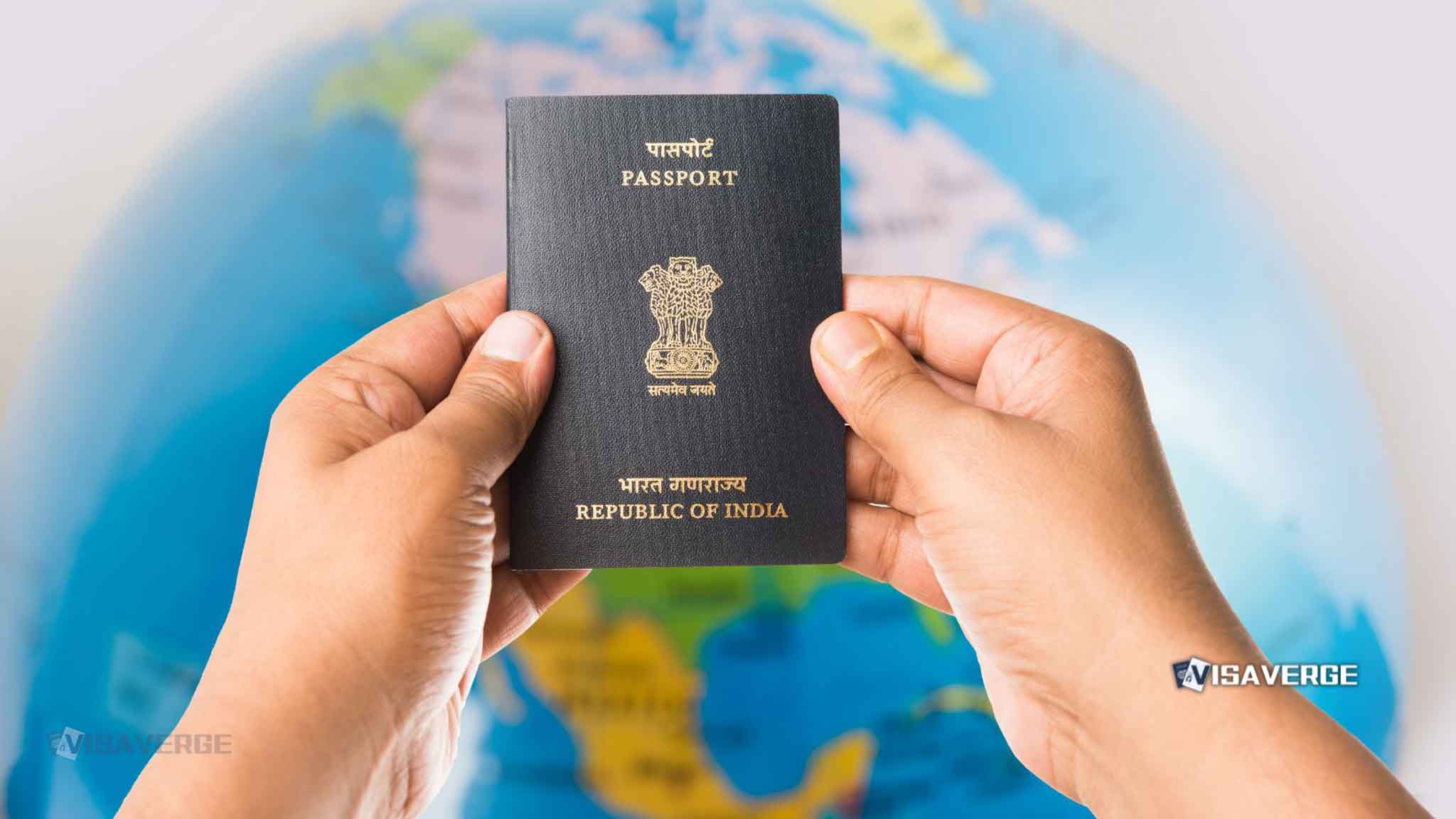Understanding Optional Practical Training (OPT)
For many international students in the United States, Optional Practical Training (OPT) offers a unique opportunity to gain practical experience in their field of study. OPT is a form of temporary employment authorization that allows students on F-1 visas to work for up to 12 months, or longer if they qualify for a STEM extension, in a job related to their major area of study.
The Importance of Field-Related Employment
The U.S. Citizenship and Immigration Services (USCIS) stipulate that any work performed during OPT must be directly related to the student’s major area of study. Here’s why staying within your field matters:
Staying Compliant with Immigration Regulations
OPT is designed to supplement your educational experience with practical hands-on work. Working in an unrelated field can jeopardize your F-1 visa status. If USCIS discovers that your employment is not in line with your major, it can have serious consequences, including the loss of your OPT status and potentially being barred from re-entry into the United States.
Maximizing Your Professional Development

OPT is a stepping stone to your future career. When you work in a job related to your major, you’re able to apply what you’ve learned and build a solid foundation in your chosen field. Unrelated field careers may not offer the same growth opportunities or learning experiences that are essential for your professional development.
Consequences of Major Mismatch on OPT
Working in an unrelated field could have several implications. Let’s explore the potential consequences of a major mismatch during OPT:
Risk of Visa Termination
The most severe consequence of working in an area not related to your major is that it could lead to the termination of your F-1 visa. This decision by the USCIS is not taken lightly and would likely result from a repeated or egregious violation.
Difficulty in Future Immigration Applications
A history of non-compliance can affect future immigration-related applications. For example, if you apply for an H-1B visa or permanent residency down the line, a previous violation of OPT rules could potentially count against you.
Loss of Practical Work Experience
Engaging in work unrelated to your field of study means you miss out on valuable experience that could benefit your career progression. Employers often look for relevant work history, and an unrelated job might not provide the skills or knowledge necessary for your desired career path.
What To Do If Your Job Isn’t In Your Field of Study
If you find yourself in a situation where your job isn’t directly related to your major, it’s important to act promptly:
- Seek guidance from your Designated School Official (DSO) or an immigration attorney.
- Explore career opportunities that align with your major.
- Consider internships or volunteer positions that could offer relevant experience.
Protecting Your F-1 Visa Status
Here are some proactive steps to ensure you remain compliant:
- Thoroughly Research Employment Opportunities: Before accepting a job offer, confirm that the position is related to your field of study.
- Maintain Regular Communication with Your DSO: Keep your DSO informed about your employment plans and seek their advice if you’re unsure about a potential job offer.
- Document Your Employment Activities: Keep detailed records of your job duties and how they relate to your major to demonstrate compliance if ever questioned by USCIS.
Final Thoughts
The consequences of working in a field unrelated to your major while on OPT can have lasting impacts on your immigration status and career trajectory. Understanding the importance of field-related employment will not only help you stay within legal boundaries but will also optimize your professional development. Always ensure to stay informed about the latest immigration policies and procedures by regularly checking the USCIS website and consulting with immigration professionals as needed. Your future in the U.S. may depend on it.
So, remember folks, when it comes to OPT, stick to your major like magnets to a fridge! Getting off track can result in some serious consequences, like visa termination and limited career growth. But hey, don’t panic! Just head over to visaverge.com for more tips and info on protecting your F-1 visa status. Stay on the right path, my friends!
FAQ’s to know:
FAQ 1: What is Optional Practical Training (OPT) and how long can I work under this program?
Answer: Optional Practical Training (OPT) is a temporary employment authorization program for international students on F-1 visas in the United States. It allows these students to work in a job related to their major area of study. Under OPT, students can work for up to 12 months. However, if they qualify for a STEM extension, they can work for an additional 24 months, making it a total of 36 months.
FAQ 2: What are the consequences of working in an unrelated field during OPT?
Answer: Working in a field unrelated to your major during Optional Practical Training (OPT) can have serious consequences. It may lead to the termination of your F-1 visa, making you ineligible for re-entry into the United States. Additionally, a history of non-compliance can negatively impact future immigration applications, such as for an H-1B visa or permanent residency. Furthermore, working in an unrelated field means missing out on valuable practical work experience that is essential for career progression.
FAQ 3: What steps should I take if my job during OPT is not in my field of study?
Answer: If you find yourself in a job that is not directly related to your major during Optional Practical Training (OPT), it’s important to take prompt action. Seek guidance from your Designated School Official (DSO) or an immigration attorney to understand your options. Explore career opportunities that align with your major and consider internships or volunteer positions that can offer relevant experience. It’s crucial to stay proactive and informed to protect your F-1 visa status.
What did you learn? Answer below to know:
- True or False: Working in a field unrelated to your major during Optional Practical Training (OPT) can result in the termination of your F-1 visa.
- What is the maximum duration of OPT employment without a STEM extension?
a) 6 months
b) 9 months
c) 12 months
d) 24 months - Why is it important for international students to seek guidance from their Designated School Official (DSO) or an immigration attorney if their job isn’t directly related to their major during OPT?
a) To find ways to extend their OPT duration
b) To explore career opportunities that align with their major
c) To receive legal protection against visa termination
d) To avoid loss of practical work experience








